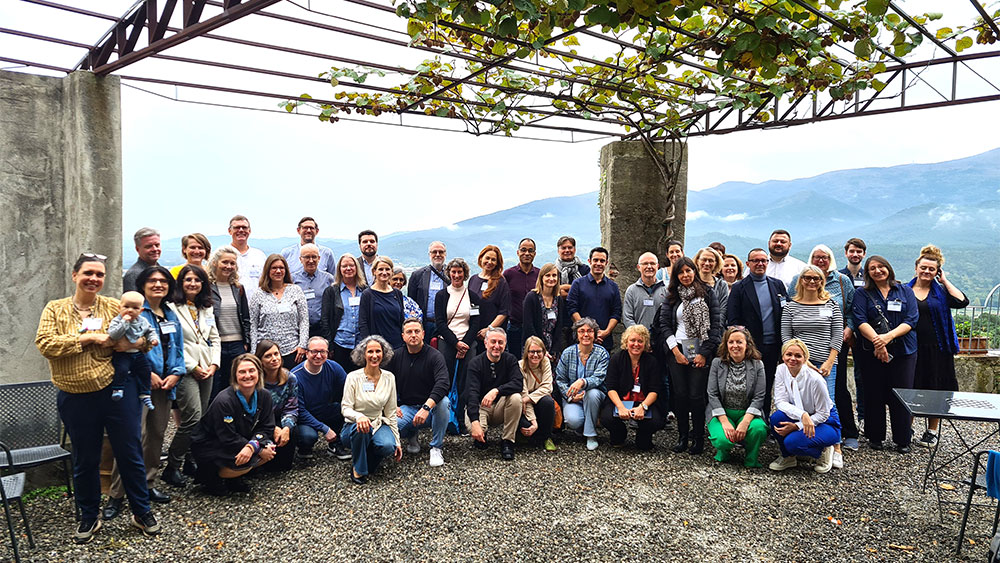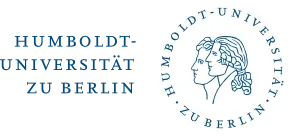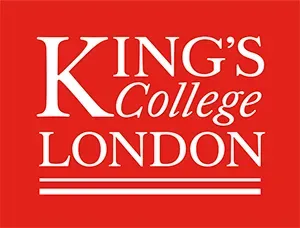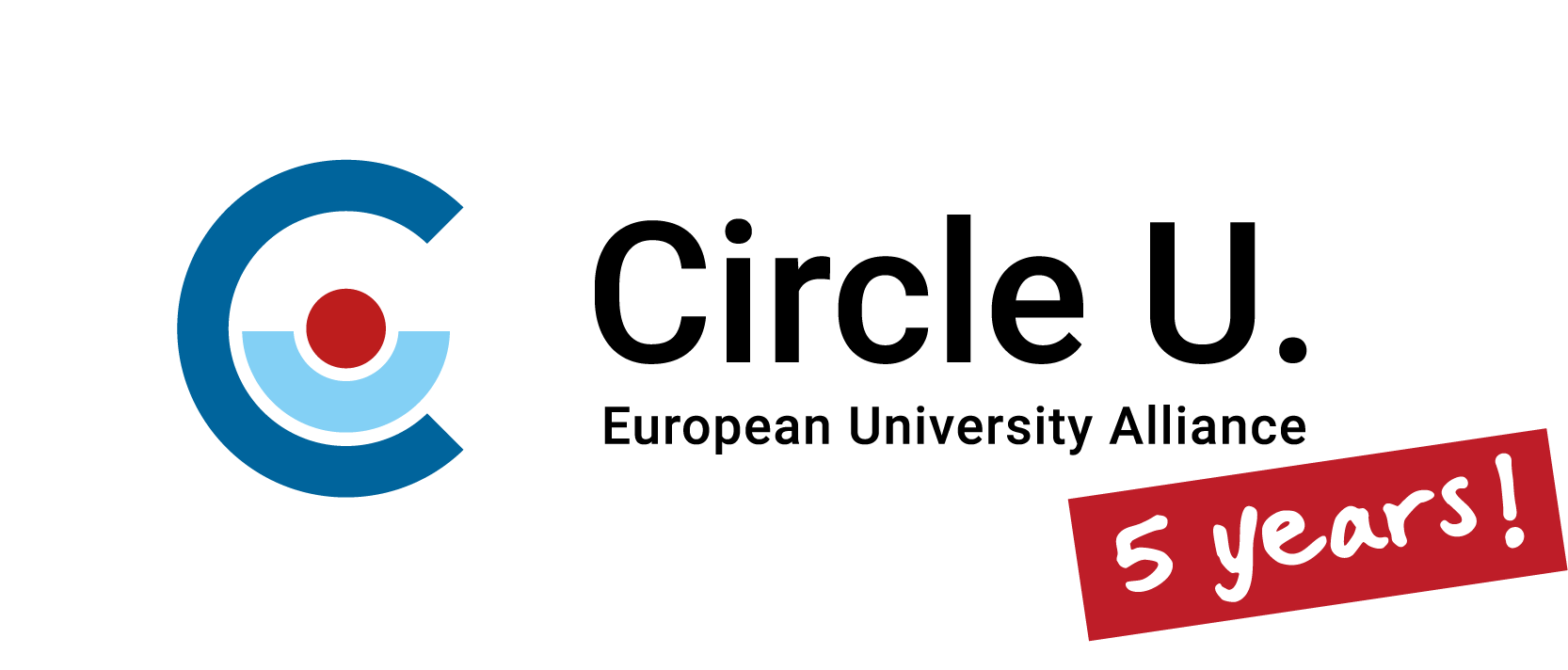
From October 21-23, at a historic convent in the Tuscan hills, Circle U.’s second Academic Chair Retreat took place, organized by the University of Pisa. The three-day retreat gathered the Alliance’s Academic Chairs for a collaborative follow-up to their first meeting in Windsor Great Park (UK) in February 2023. This gathering was a chance to deepen connections, build cooperation, and foster a strong sense of community among the Chairs. Through plenary sessions, interactive group activities, and engaging roundtables, they explored research topics within and beyond the European Union and examined current Circle U. initiatives.
“This retreat proved we’re on the right path in building a vibrant Circle U. community,” said Vinicius de Carvalho, Vice-Dean for Academic Chairs. “It allowed the Chairs to connect on a deeper level and find ways to navigate challenges and differences while collaborating on Alliance projects. A key discussion was how to cultivate a thriving research culture across Circle U. that aligns with the Alliance’s core values. As I take a year of research leave, I’m confident Alessandro Balestrino’s leadership will champion this community-building effort.”
New Knowledge Hub on Artificial Intelligence
A highlight of the retreat was the introduction of Circle U.’s new Knowledge Hub on AI, marking an exciting phase of innovation for the Alliance. Francesco Marcelloni, Academic Director of the Knowledge Hub on AI and Professor at the University of Pisa, unveiled this initiative, sharing its vision, objectives, and upcoming plans. “Our goal is to address the challenges of human-centred, inclusive, and equitable AI, focusing on the development of robust, ethical, safe, and sustainable AI,” Marcelloni explained. “As all Chairs are appointed, we’ll define the sectors where the Hub’s focus will be most impactful. I envision thematic subgroups to explore AI applications in areas that resonate with the Alliance’s mission.”

The new Knowledge Hub has launched an information-gathering initiative across member universities, assessing current AI-related activities—including course offerings, research projects, and tech transfer efforts. This will help identify synergies and potential for integration. In its first year, the Hub plans to foster collaboration within the Alliance through a workshop, a hackathon, a summer school, and various dissemination events.
Broadening faculty and student engagement
Reflecting on the experience, Marcelloni noted, “Seeing the incredible work happening within the Alliance at the retreat renewed my confidence in how the new AI Hub can connect with other existing KHs, the Multilingualism and Interculturality Lab, the Teaching Innovation Lab, and InCU.bator. That said, we know there’s more to be done—our next steps will be to broaden faculty and student engagement and shape a sustainable long-term vision for the Alliance beyond this project.”
Open Campus is an entry point
Another major topic at the Chair Retreat was the Open Campus, one of new important Circle U.'s initiatives. Lisbeth Brevik, Academic Chair for the Open Campus from the University of Oslo, explained that this initiative will serve as the primary virtual platform where students can access educational opportunities across the Alliance's nine universities. "The Open Campus is shaping up to be Circle U.’s main entry point for educational opportunities," she noted, adding that the platform will feature flexible formats — on site, online, or hybrid — for a wide range of offerings, including joint programs, sustainability modules, and more.
Brevik focused on Open Conversations, a new monthly hybrid series building on the success of Circle U. Cafés from the pilot phase, for which she is responsible together with Gabriel Reedy and Sam Smidt from King's College: “With Open Conversations, we aim to create an interdisciplinary space where topics resonate across all thematic areas of Circle U., including hubs, labs, and platforms,” she explained, adding that these sessions are designed to include students, academics, and external partners in conversations relevant to students across the Circle U. ecosystem.
Involving students
There are new initiatives on the horizon: “In addition to the Open Conversations, we are now launching our first bachelor-level sustainability modules. The Open Campus is also planning a matchmaking event early next year, allowing academics interested in collaborating on new sustainability modules to meet and co-design innovative courses,” she added.
As a key suggestion for project growth, Brevik emphasised the importance of involving students: “We are proud of the way the Student Fellows are actively engaged in all the educational flagship formats. To help develop this initiative, we are looking into various opportunities for recognition for all students who participate, whether formal recognition in terms of ECTS, or in terms of a diploma, co-researchers on publications, etc.”









